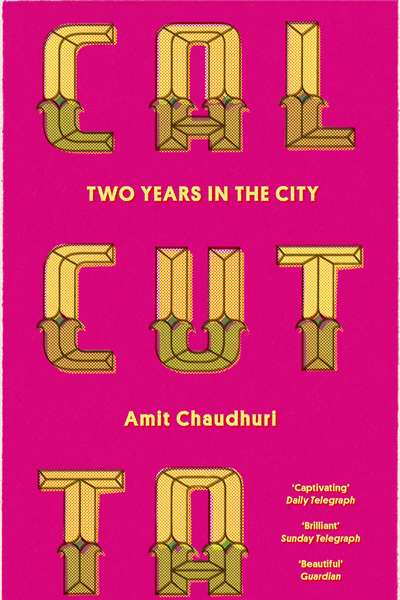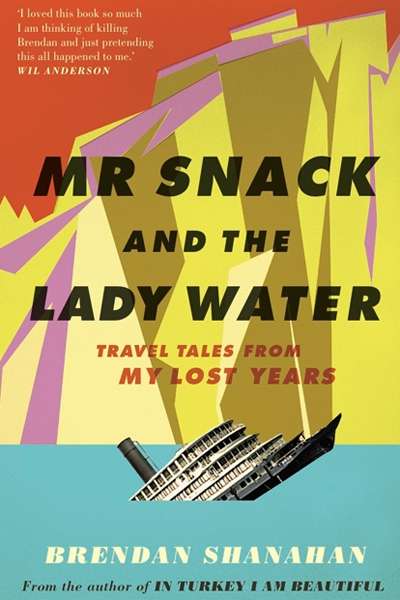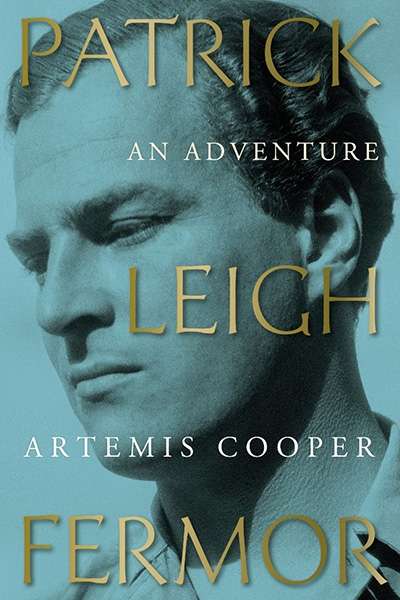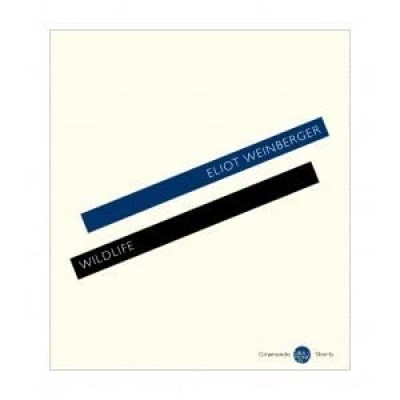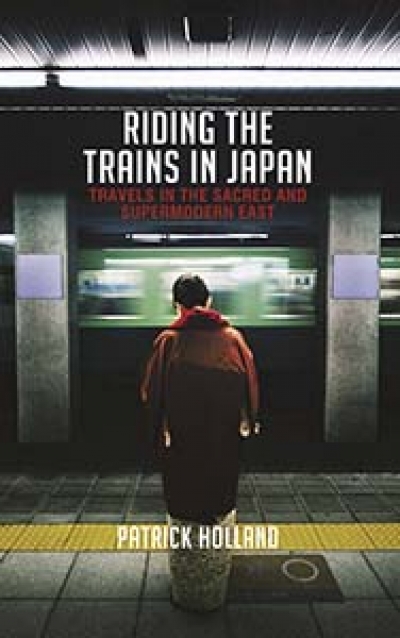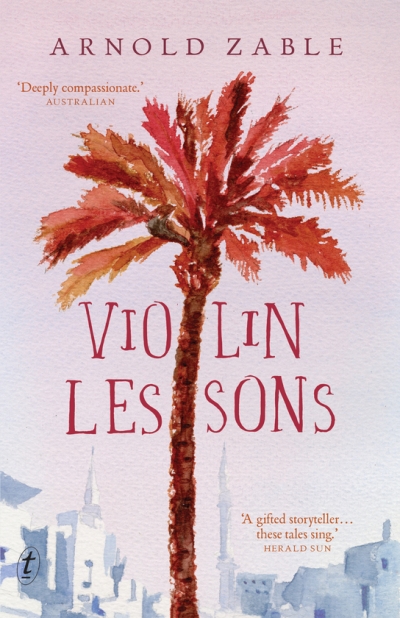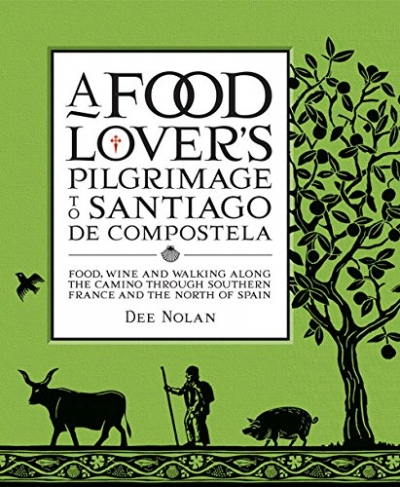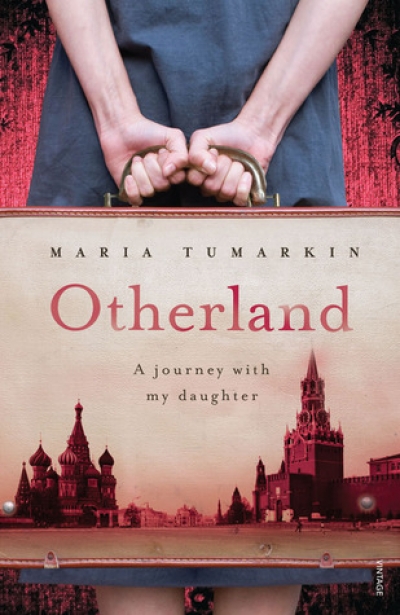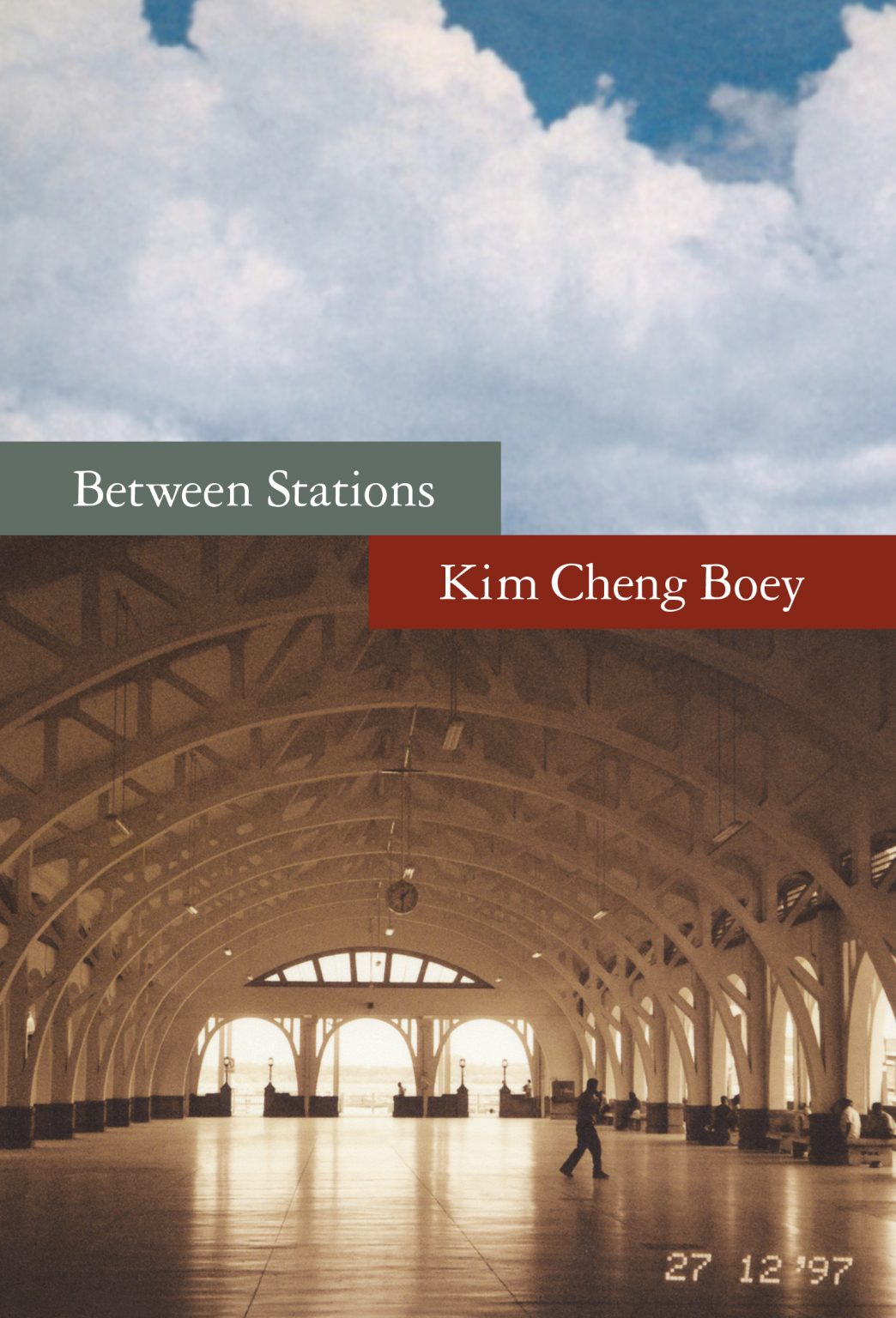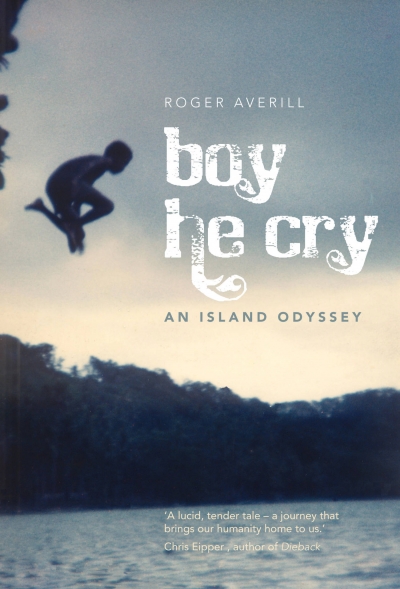Travel
There is currently a very appealing trend in publishing with books about cities written by creative writers: fiction writers, novelists, and essayists. In Australia we have had the Cities Series from NewSouth Publishing: personal, writerly books that capture the spirit of our capital cities (and Alice Springs) and take us along pathways, with the idiosyncratic accompaniment of a local who is also a writer.
In recent years there have also been books of this type on Indian cities, including Mumbai and Delhi. This fascinating genre can carry along with it many different aspects of mythmaking; of history; of the daily movements and habits of the author. They aren’t travel guides, more like reflections on quotidian matters. Most of them necessarily also spin around an idea of what home is.
... (read more)Mr Snack and the Lady Water: Travel Tales from My Lost Years by Brendan Shanahan
Much travel is unpleasant (with over-expectations, too many tourists, and long distances from Australia), but even the sedentary or timorous persist with it in some ‘misguided duty to culture’, as Brendan Shanahan describes in his first collection of essays, Mr Snack and the Lady Water. Assembling journeys from the mid-1990s until now, Shanahan recounts stories that range from the inequities of post-Apartheid South Africa to his experience with so-called ‘dental tourism’ in the Philippines. The result of these peripatetic years has been, as the book’s subtitle suggests, largely uneventful: lost to the author and this reader alike.
... (read more)However much we may locate the joy of travel in the sudden revelations of a new experience, one of its most enduring pleasures lies in collecting for later. For the collector–traveller, journeys abroad offer an escape from the familiar and, as importantly, a chance to assemble a different kind of education from the one we receive at home, a living textbook shaped by first-hand encounters and the possibility and urgency of adventure.
... (read more)As is often the case with brilliant writers, an Eliot Weinberger sentence cannot be mistaken for that of anyone else. There is his insistence upon concrete details: ‘It was recorded in the 12th century, in the Collected Stories of Anomalies, that Chang T’ien-hsi dreamed that a green dog with a long body came from the south and tried to bite him.’ Even when entering the realm of the absurd, he avoids abstraction: ‘Each year, in the village of Pullipudupet, in southern India, a very young girl is selected to marry a frog.’ His adjectives and nouns have a rhythmic weight: ‘Camels’ feet leave lotus-pad prints in the sand.’ His conjunctions attest to the peculiarity of the world: ‘Naked mole-rats have no fur, but their lips are hairy.’
... (read more)Riding the Trains in Japan: Travels in the sacred and supermodern East by Patrick Holland
Patrick Holland makes his plans clear in the first sentence of Riding the Trains in Japan (his fourth book and first work of non-fiction): ‘I arrived in Kyoto in the middle of the national holiday called O-Bon, the Japanese All Souls, when Buddhists believe departed spirits may return to earth and when ancestors and the elderly are honoured.’ His subjects and themes have been identified: himself, the people and places of Asia, Eastern spirituality and tradition, and the transient nature of life and all of its cultural accessories. The opening also reveals Holland’s technical approach: a willingness to conflate personal anecdote with documentary observation, the minutiae of daily life with the grandness of tradition, and the material world with a spiritual one. Clearly, he wants to test the conventional form of travel writing.
... (read more)The reception of SBS’s documentary Go Back to Where You Came From held out the promise that Australians’ antagonism towards asylum seekers was softening. But old certainties shift in unpredictable ways. In an essay in the September 2010 issue of The Monthly, Robert Manne, a long-standing critic of the Howard government’s asylum seeker policy, asked some uncomfortable questions of the left: Didn’t Howard’s ‘Pacific Solution’ actually work? What if the Australians who are hostile to asylum seekers can’t be dismissed as a racist redneck minority, but are instead the ‘overwhelming majority of the Australian mainstream’? What, then, of the mythical Australian values of mateship, equality, and the fair go? Arnold Zable’s latest book, Violin Lessons, situates itself within this, the most disturbing moral debate Australia has engaged in since 1992, when the Keating government introduced mandatory immigration detention.
... (read more)A Food Lover’s Pilgrimage to Santiago de Compostela by Dee Nolan (photography by Earl Carter)
In 2010, some 272,461 pilgrims received a Compostela (a certificate of completion) upon reaching the city of Santiago de Compostela in north-west Spain. The great majority of these had arrived by walking, having covered at least one hundred kilometres on foot in order to qualify. Most, however, had travelled considerably further, using the network of medieval pilgrim routes that cobweb across southern Europe to this remote city. The number receiving a Compostela substantially understates the pilgrim traffic on these paths; many walk sections of the routes without reaching Santiago and claiming their credential.
... (read more)Let no one say that all travel memoirs fall into the same predictable box. Otherland and Mother Land, two such works from Melbourne writers, may enjoy rhyming titles and pluck similar strings, but their styles could hardly be more dissimilar. The first, a new book from Maria Tumarkin, describes a journey to her Ukrainian/ Russian country of birth with her twelve-year-old daughter in tow; the second, a 2008 evocation by Dmetri Kakmi, follows a revisiting of his childhood on a Turkish-Greek island. Of it I wrote in The Age: ‘Always a beautiful, evocative and carefully crafted reconstruction of a past life generically familiar to many migrants, Mother Land outshines the plethora of similar memoirs because it consciously operates at two levels: the narrow focus, limited characters and humdrum events are transcended and elevated to a universal myth of loss’ (16 August 2008).
... (read more)The migration process makes you adept, Kim Cheng Boey remarks, in coded language. The first poem he wrote after settling in Sydney recalls an exhibition in the Queen Victoria Building about the Chinese tea entrepreneur Mei Quong Tart, whose clan name is the same as the Boey family’s. His daughter, pointing with her small finger, decodes the character mei, meaning ‘nothing’, a negative prefix that also signifies bad luck.
... (read more)‘Boy he Cry’ or ‘Gwama’idou’ is the name of a boat owned by one of the inhabitants on Nuakata, the Melanesian Island that is the setting for Roger Averill’s odyssey. The boat is a canoe, hand-carved and painted yellow, with a bright plastic sail, so there is something incongruous about its poignant caption, which, as Averill learns, refers to a local expression: when a boy is hungry and cries for fish, his father must go out and catch it, so demonstrating his love for the child. In this case, there is an additional melancholic twist because Guli, the owner of the canoe, is separated from his son and unable to hear him cry. Averill’s story is permeated by a doubleness of mood that takes a while to reveal itself.
... (read more)

